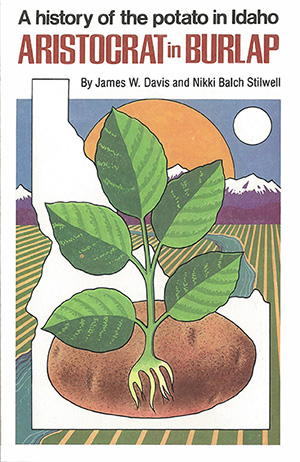A comment heard at a 1971 convention by a Commission member was, "If there was one potato better than an Idaho, God must have kept it for himself." The reputation of the Idaho® potato was flourishing!
During that fall, the anti-bruise efforts were showing results. The theme was a bruise-free harvest, and schools were set up in a potato-quality program. One big help was the broadcasting of predicted soil temperatures on radio stations to warn growers of excessively cold conditions that would cause bruising.
The next year, the Idaho potato industry took significant steps to promote export business for Idaho's number-one product and created, with Washington and Oregon, the Tri-State Potato Export Committee. Fresh potatoes couldn't be shipped into Japan because of restrictions, but some Idaho processors were already involved in a substantial volume of export business.
The Japanese diet appeared to be changing, and they became interested in dehydrated potato products. They expressed a desire to know more about dehydrators, and Idaho sent a processing technician to assist them. He returned to the Commission telling them that "the potential export market is tremendous for frozen French fries throughout the Orient. But it would take an educational program along with the marketing to create the demand."
A suggestion that late blight in potatoes could be a cause of birth defects impelled the Commission to give $7,000 for a joint research program with St. Luke's Presbyterian Hospital in Chicago. Concurrently, they appropriated expenditures up to $16,000 to establish research facilities in Idaho for the same purpose.
Alter a four-month search and screening process Gordon Randall of Boise was hired by the IPC to a redefined position, now called executive director. He had held several executive positions with Boise Cascade Corporation and convinced the Commission that the job should involve more leadership and decision-making authority.

